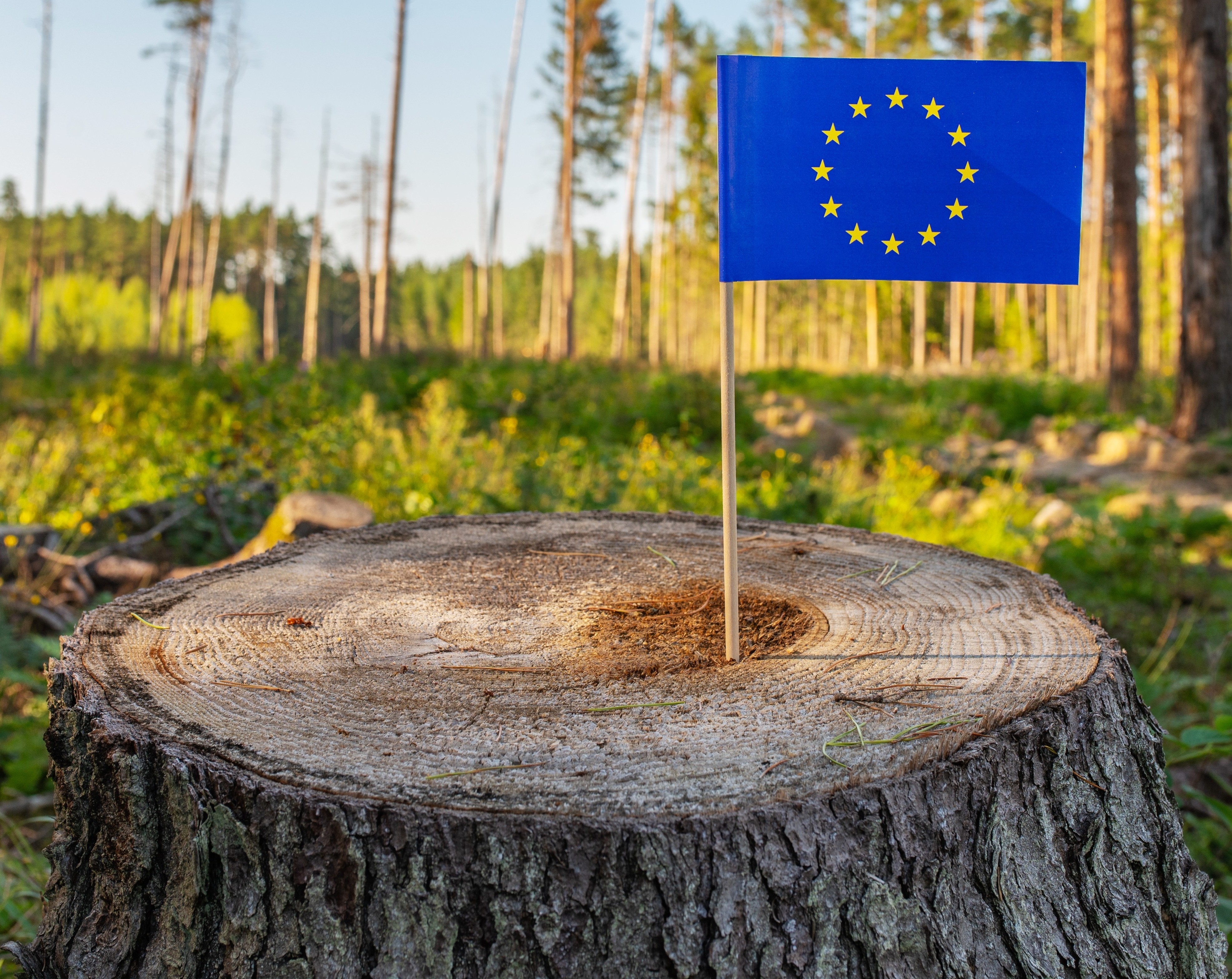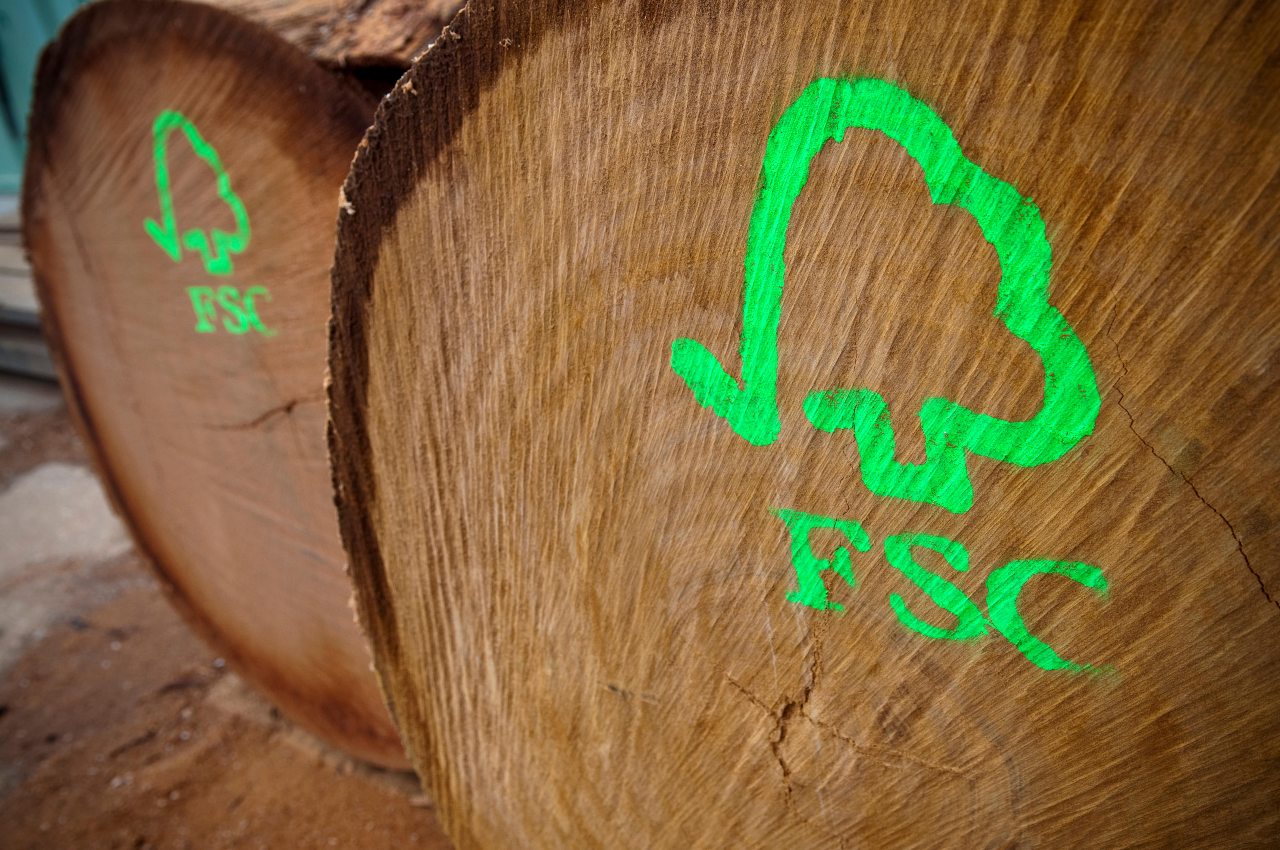
Toucan in Macaw Mountain Bird Park, Honduras.
An investigation into
palm oil plantations in Honduras has shown how growing demand for the crop
combines with non-existent enforcement to incentivise illegal clearances in
national parks.
Despite prohibitions on growing the crop in protected areas,
there are at least 7,000 hectares (ha) of African palm planted in the country’s
national parks, according to research by La Tierra Esclave, a project from
the Spanish newspaper El Diario.
The investigation focused on the Blanca Jeanette Kawas
National Park. at the edge of which stands of the country’s largest palm
oil processing plants. The Park covers 79,381ha, 3,478ha of which
are seeded with African palm.
When Blanca Jeanette Kawas was created as a protected area
in 1994, 157 exceptions were made for individuals who already had land in the
area, allowing them to continue cultivating crops within its borders. However,
the country’s Forestry Law also requires that land used for agriculture in
protected areas is gradually recovered, a regulation that is not being
followed.
“What is lacking is the regulation of individual usufruct contracts,” Nelbin Bustamante, a member of the Prolansate Foundation which co-manages the park, told La Tierra Esclave.
He added that palm oil
farmers should be told, “you have this plantation, but within this time period
you can no longer plant it.” But the contracts are not regulated, and so
plantation owners can expand their holdings with impunity.
Illegal attempts to establish new palm oil plantations in
the park have caused forest fires. In March 2016, a fire destroyed 218ha of forest in the park. Authorities investigating the fire found fuel, machetes
and freshly planted African palm. They concluded that someone had wanted to
establish African palm in the park and, in order to create space, had attempted
to burn a section of the forest.
More than half of Honduras’s palm oil is manufactured by two
companies: the Dinant Corporation and the Jaremar Group. Although it is illegal
for the firms to buy fruit produced on unlicensed land, the investigation
traces a supply chain from an unlicensed producer within Blanca Jeanette Kawas
National Park to Group Jaremar, which produces a quarter of Honduras’s palm
oil.
The expansion of palm oil in Honduras has been encouraged by the country’s government. In 2001, it began providing loans to help entrepreneurs acquire African palm seeds.
In 2004, it launched a framework
agreement aimed at improving the industry’s competitiveness. Its policies have
been successful: Honduras is now the world’s seventh
biggest palm oil exporter. 122,000ha of the crop are planted across
the country, 11% of its total seeded area.
La Tierra
Esclave is an online project from the Spanish newspaper El Diario,
investigating the coffee, sugar, banana and palm oil industries in four countries:
Colombia, Guatemala, Honduras and the Ivory Coast.



